10 Bad Habits That C# Developers Should Avoid
In the world of software development, cultivating good habits is essential for success. As a C# developer, avoiding bad habits can help you write cleaner, more maintainable code, improve your productivity, and enhance the overall quality of your work. In this blog post, we will explore 10 common bad habits that C# developers should avoid to become more effective in their craft.
- Not Following Naming Conventions: One of the primary bad habits is not adhering to the established naming conventions. C# has a set of conventions that should be followed consistently to ensure code readability. Ignoring these conventions can make it difficult for other developers to understand and maintain your code.
- Overusing Global Variables: Overreliance on global variables can lead to code that is difficult to debug and maintain. It’s better to encapsulate data within classes and pass it as needed, promoting modularity and reducing dependencies.
- Neglecting Error Handling: Ignoring proper error handling can result in unpredictable behavior and instability in your applications. Always handle exceptions gracefully, log errors, and provide appropriate error messages to users.
- Lack of Code Documentation: Failing to document your code can hinder collaboration and make it challenging for others (including yourself) to understand your codebase. Take the time to write clear and concise comments and document your methods and classes.
- Ignoring Code Reviews: Avoiding code reviews is a detrimental habit. Code reviews help identify and fix potential issues, improve code quality, and encourage knowledge sharing among team members. Embrace code reviews as a learning opportunity and incorporate feedback into your work.
- Writing Lengthy Methods: Creating long, monolithic methods makes code difficult to read and maintain. Aim for shorter, focused methods that have a single responsibility. This improves code reusability, testability, and overall code quality.
- Neglecting Unit Testing: Skipping unit tests can lead to fragile code and make it harder to catch and fix bugs. Embrace test-driven development (TDD) practices to write tests before implementing code. Properly tested code provides confidence in the system’s behavior and helps identify issues early.
- Poor Exception Handling: Using generic exception handling or catching exceptions without appropriate actions can lead to hidden bugs and make troubleshooting more challenging. Handle exceptions specific to the situation and implement appropriate error recovery strategies.
- Not Utilizing Object-Oriented Principles: C# is an object-oriented programming language, and failing to utilize its principles can lead to less maintainable and reusable code. Embrace encapsulation, inheritance, and polymorphism to write clean, modular, and extensible code.
- Ignoring Code Optimization: Neglecting code optimization can result in performance bottlenecks and inefficiencies. Regularly review your code for potential optimizations, such as reducing unnecessary memory allocations, minimizing database queries, and optimizing algorithmic complexity.
By avoiding these common bad habits, C# developers can improve their coding practices, enhance code quality, and increase their productivity. Cultivating good habits and following best practices will not only make your codebase more maintainable but also contribute to the success of your projects and the overall development community. Remember, consistently practicing good habits is the key to becoming a proficient and respected C# developer.




